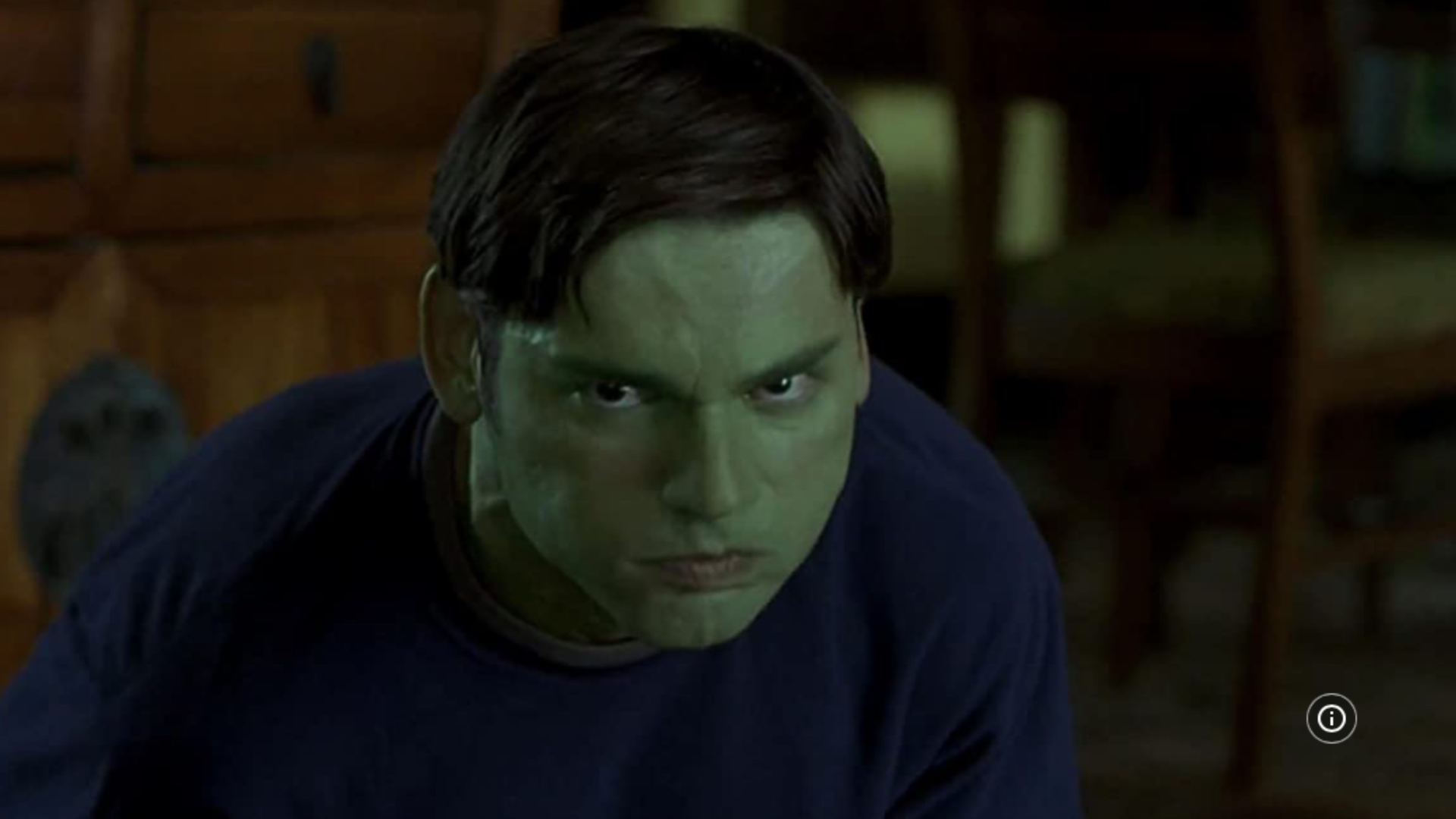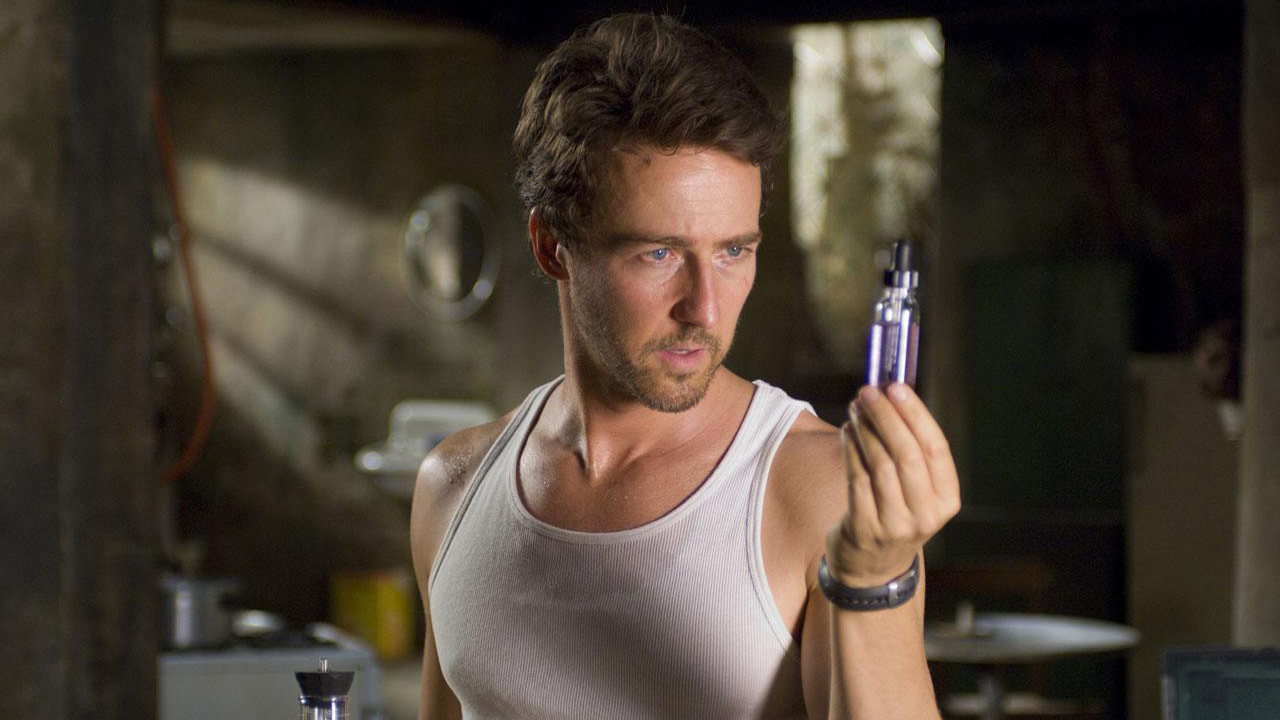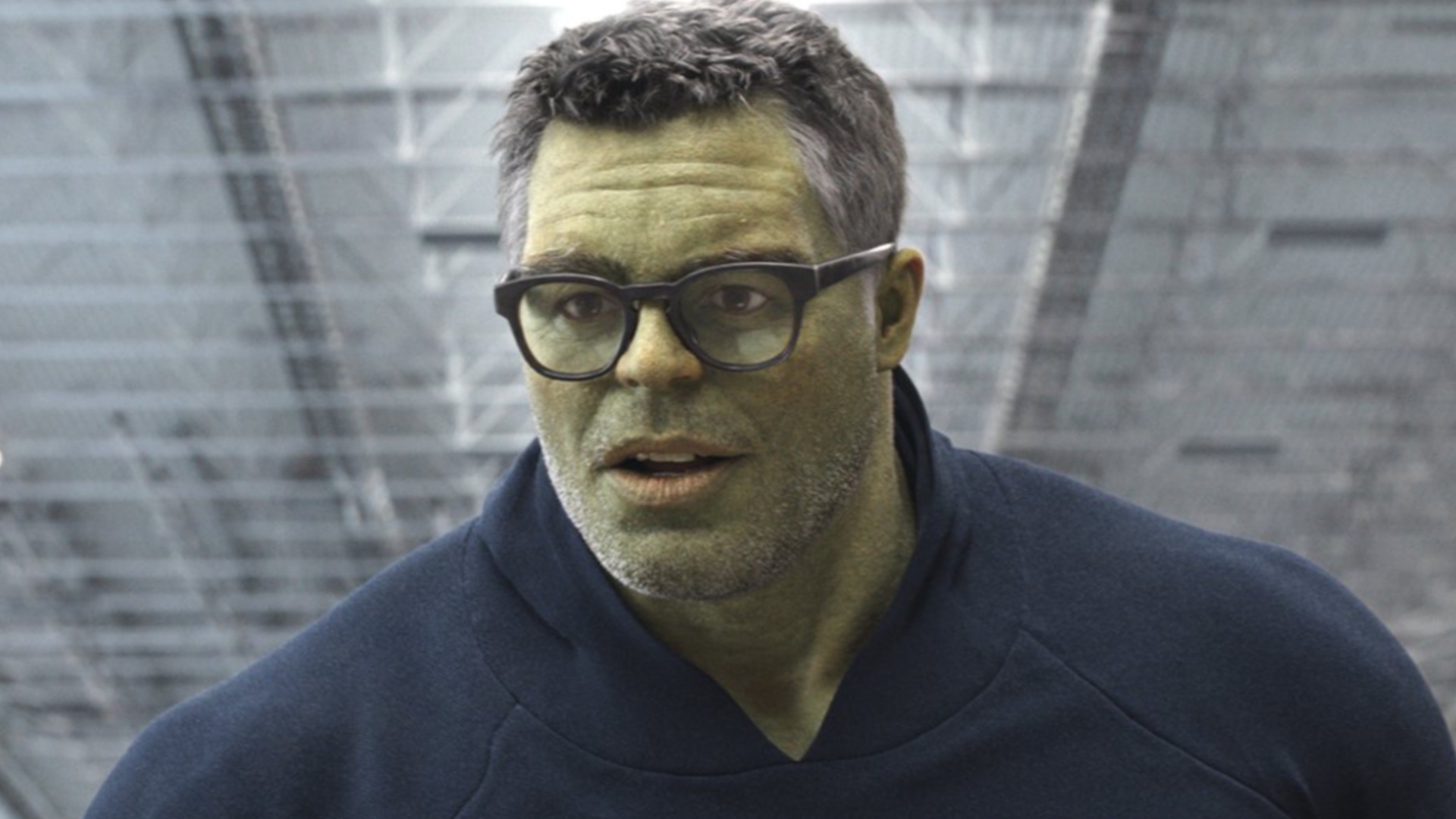Why we don't need another solo Hulk movie
She-Hulk, ever the meta series, took the fourth-wall breaking to the next level in its second episode: they acknowledged the fact that, even though he’s been the Hulk since 2012’s The Avengers, Mark Ruffalo isn’t the only scientist who’s smashed through a wall or two.
Thanks to the introduction of the Multiverse, Marvel doesn’t really have to account for its changes in casting anymore. For example, Toby Maguire, Andrew Garfield, and Tom Holland all exist in the Marvel Cinematic Universe as Spider-Man/Peter Parker – albeit as different versions that exist in separate universes. There’s room for everyone, etc.
But what about the three different actors who have played Bruce Banner? (Sorry, Lou Ferrigno, we’re only talking about feature films here.) It was pretty cool that She-Hulk acknowledged not only Edward Norton’s Hulk, but also the fact that Hulk is now "a completely different person – literally." Norton’s Hulk, which made its first and only appearance in 2008’s The Incredible Hulk, doesn’t exist in an alternate universe. In fact, with William Hurt going on to reprise his role as Thaddeus Ross in various MCU movies and Tim Roth returning as Emil Blonsky AKA the Abomination as a major player in She-Hulk, it’s almost as if Marvel wants you to think that Mark Ruffalo has been the Hulk this entire time.

Lest we forget, Eric Bana starred as the titular hero in Ang Lee’s non-MCU version of Hulk, which, in the wake of Sam Raimi’s 2001 Spider-Man, was a pretty big deal. We hadn’t seen a live-action Hulk portrayal since Ferrigno’s incredibly campy – but well-loved – Incredible Hulk films that spanned a couple decades before. With Spider-Man being such a huge success, audiences had high expectations for another boom-bam-pow origin story comic book film. What they got, however, was more of a quiet sci-fi film about a trauma-repressed scientist who, after fighting some mutated dogs and making a frog explode (which was upsetting to watch when I was 5 and is still equally upsetting now), wins one big ol’ battle and escapes into the Amazon Rainforest where he hides out indefinitely. It functions as a standalone art piece: a movie that abandons the ‘60s quirky nerd Bruce Banner and goes full throttle with his darker origins from the ‘80s – where he resents his own anger because it reminds him of his father’s.
Needless to say, the world wasn’t ready for it. Though it was one of the highest-grossing films of 2003, critics didn’t really know what to make of it. Marvel reacquired the character rights and the planned sequel was scrapped. Then, in 2008, the Marvel Cinematic Universe was born: Iron Man was a smash hit and The Incredible Hulk, this time starring Edward Norton as the gamma-irradiated hero, was set to come out just a few months later. In this new version, directed by Louis Leterrier, they cut the backstory, skipped over the origin, and focused mainly on the action.

Funnily enough, where Hulk was criticized for being too "deep," The Incredible Hulk was criticized for “lacking depth.” Once again, a planned sequel was canned, and Norton was reportedly so disappointed in the film that he had no interest in reprising the character. After a movie focusing solely on The Avengers was announced, people started to wonder: "Hulk is an Avenger – so what are they going to do about Hulk?" Well, instead of introducing us to Mark Ruffalo’s Hulk in a standalone film, they threw him right into 2012’s The Avengers and guess what: it worked.
Here’s why: the Hulk works best when he’s surrounded by other heroes. Mark Ruffalo’s Hulk works well as a team, with other like-minded "super" individuals who are all fighting for the same cause – and are all just pretty chill and understanding about the fact that he gets angry, turns into a nightmare version of the Jolly Green Giant, and wakes up a while later without any clothes on because he ripped them to shreds mid-transformation. In 2003 and 2008’s iterations, Bruce was constantly surrounded by people who were horrified by him – and it made his character more sad than anything. Viewers, at least the kind that love comic book films of the superhero variety, don’t want to sit around and feel bad for the guy for two hours. Especially when it came to Eric Bana’s Hulk – the dude’s mom was murdered in front of him, his dad sucked, and now he’s accidentally the Hulk and he hates it and everyone around him seems to hate it, too. Norton’s Hulk focused more on the destruction, the smashing through walls, the buildings going boom, but we didn’t really know why the people in his life even cared about him to begin with. What was he like before they saw him become the Hulk? Was he, like, a cool, chill guy? We don’t know.

In the Avengers films, as well as She-Hulk, Ruffalo’s Hulk is there for a purpose – and everyone wants him there. He’s a vital member of the team, both brains and brawn, and he’s a mentor to his cousin Jennifer, showing her that her newfound superpowers can and should be used for good. She’s reluctant, and he pushes her. He sees it as a gift – and that’s what audiences need. He’s a good guy, he’s a fun guy, and he’s (most of the time, anyway) happy to be there – where he’s wanted.
We’ll probably never get a standalone Mark Ruffalo Hulk movie, and that’s because we don’t really need it. Marvel knows we don’t need it. His backstory is too difficult to condense into a script that’s just the right blend of depth and fun. Bruce plays well with others, and Marvel knows it. Sure, it would be cool to see Bana or Norton appear in Spider-Man: No Way Home or Doctor Strange in the Multiverse of Madness in some kind of alternate-universe cameo – but even Marvel knows they don’t really work. I’m excited to see more of Bruce in She-Hulk, to see even more of his personality come through (I mean, who knew he was the type of guy to push his own cousin off a cliff in a mentor-y way), and to see what else the MCU has in store.

No comments